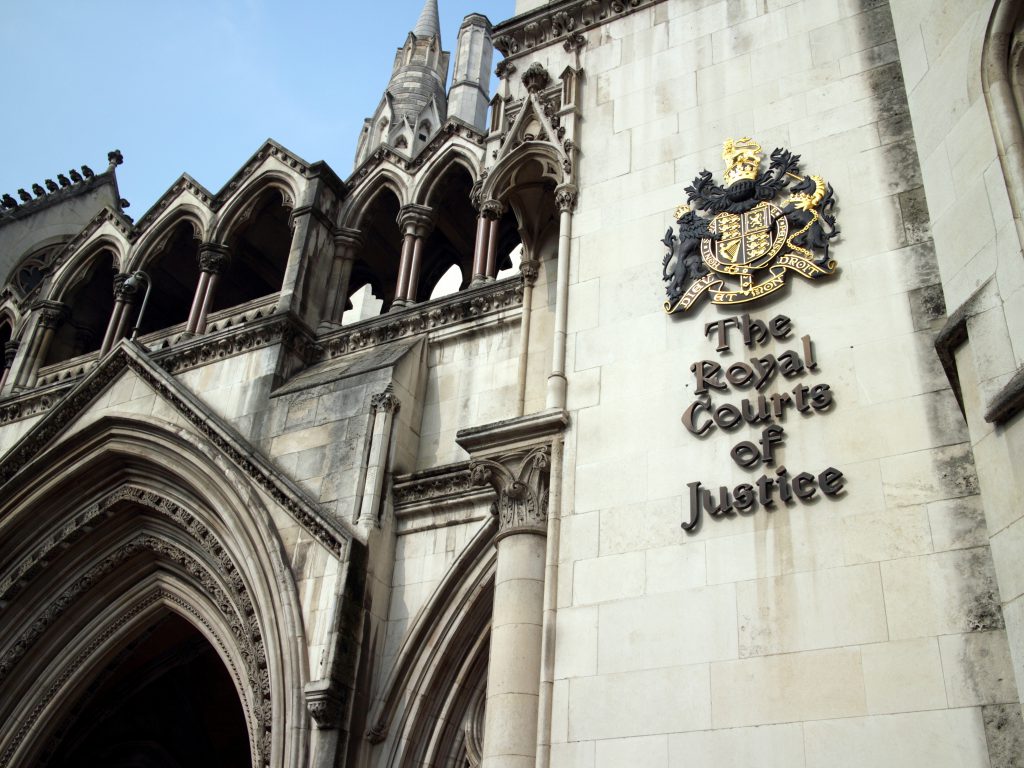
The High Court has refused to grant the Government of the Russian Federation leave to appeal against the judgment of Senior District Judge Arbuthnot in the case of R v Egorova & Ors. In Egorova, Russia sought to extradite four requested persons for unrelated offences. All four requested persons resisted the requests on the grounds that extradition would be incompatible with their rights under Article 3 of the European Convention on Human Rights, to be free from inhuman or degrading treatment or punishment, and consequently barred by section 87 of the Extradition Act 2003.
The case concerned the state of Russian prison conditions which it was argued are so poor as to breach the prohibitions in Article 3. Senior District Judge Arbuthnot note that “the High Court and this court have spent the last two years looking at the same arguments time and again. This court wants to avoid repetition of hearing the same expert evidence on prisons and assurances, leading to the same decision which is usually not appealed.” Despite the rebuttable presumption in favour of Russian compliance with the ECHR afforded to it by its membership of the Council of Europe, the court found held that “(t)here is no doubt that assurances are required in this case to ensure the (requested persons) are held in conditions which do not breach Article 3. The major concern to this court remains whether the assurances are objectively verifiable. Discharging the requested persons, the judge held that in the absence of effective monitoring there was a real risk that if extradited the requested persons would be held in conditions which seriously violate their Article 3 rights. The concerns regarding the credibility and effectiveness of Russian assurances, identified in the High Court case of Schmatko, remained. Unusually the Judge went on to suggest that the British Embassy might be approached to take over the monitoring of such assurances.
Refusing leave to appeal, Mr Justice Knowles CBE, found the proposed grounds of appeal to be inarguable. The findings of the Senior District Judge had been based on the evidence before the court and the judgment was thorough, clear and plainly correct on the basis of those findings. The Russian Federation failed to provide further assurances and to address the ineffective monitoring and he agreed with the categorisation of the Russian approach as “inappropriate and unfair”.
There is now a strong line of authority that unless there are significant changes to the way in which prison conditions are monitored in Russia, extradition will be extremely unlikely
Tags: Article 3, Assurances Categories: Russia, United Kingdom



Recent Comments